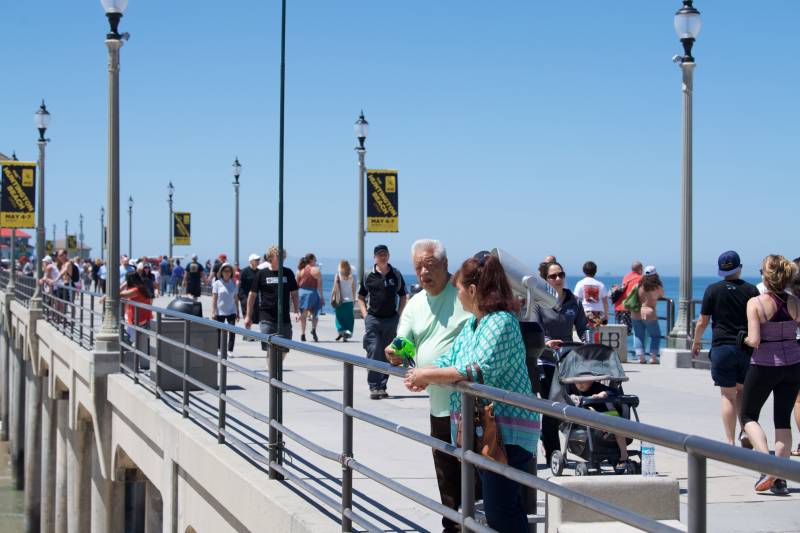A California appeals court ruled Friday that California's so-called "sanctuary state" law does not violate a charter city's rights, a reversal of a lower court's decision.
Senate Bill 54, the California Values Act, was signed into law in 2017 and limits the ability of state and local law enforcement agencies to work with federal immigration authorities, except in cases where immigrants have been convicted of serious or violent crimes.
